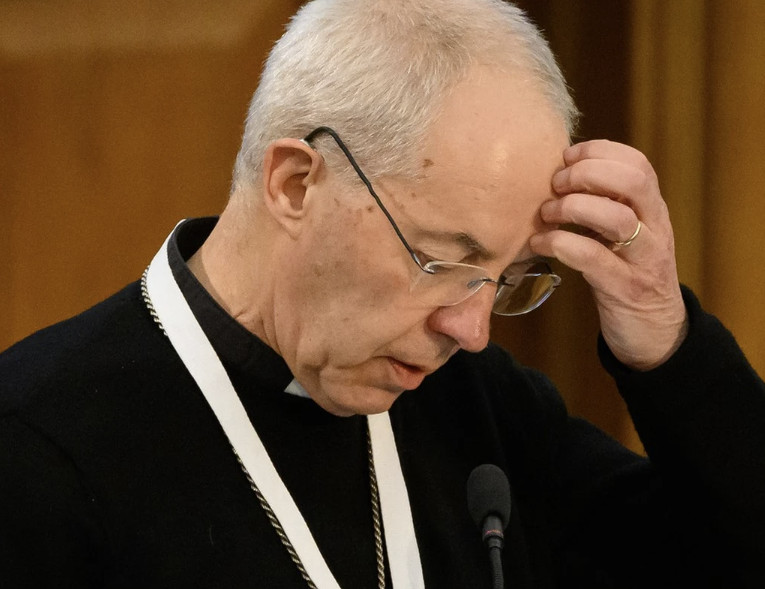 Justin Welby has resigned over the John Smyth sex, physical and psychological abuse scandal. Welby was not directly involved in the abuse but he knew about it and almost certainly covered it up to protect the institution and his cronies, although he has denied the cover-up and pleaded incompetence instead.
Justin Welby has resigned over the John Smyth sex, physical and psychological abuse scandal. Welby was not directly involved in the abuse but he knew about it and almost certainly covered it up to protect the institution and his cronies, although he has denied the cover-up and pleaded incompetence instead.
Other heads in the Church of England should probably roll but the ecclesiastical old boys’ network is undoubtedly circling the wagons.
Much as I have disagreed with Welby’s performance during his tenure, I feel rather sorry for the man. Based on his experience as an oil executive, he has tried to run the church as a business, and it hasn’t worked because the church is not a business.
Welby tried to bring reconciliation between irreconcilable parties by telling each what they wanted to hear, earning him the mantle of hypocrite rather than reconciler.
Who will go – and deserves to go – next, I wonder. The Pope?
From here:
Archbishop of Canterbury Justin Welby, head of the Church of England and spiritual leader of the global Anglican Communion, resigned Tuesday after an investigation found that he failed to tell police about serial physical and sexual abuse by a volunteer at Christian summer camps as soon as he became aware of it.
Pressure on Welby had been building since Thursday, when release of the inquiry’s findings kindled anger about a lack of accountability at the highest reaches of the church.
“It is very clear that I must take personal and institutional responsibility for the long and retraumatizing period between 2013 and 2024,” Welby said in the statement announcing his resignation. “I believe that stepping aside is in the best interests of the Church of England, which I dearly love and which I have been honored to serve.”
Helen-Ann Hartley, the bishop of Newcastle, said Monday that Welby’s position was “untenable” after some members of the church’s national assembly started a petition calling on him to step down because he had “lost the confidence of his clergy.”
But the strongest outcry had come from the victims of the late John Smyth, a prominent attorney who abused teenage boys and young men at Christian summer camps in Britain, Zimbabwe and South Africa over five decades. Andrew Morse, who was repeatedly beaten by Smyth over a period of five years, said that resigning was a chance for Welby to start repairing the damage caused by the church’s handling of historical abuse cases more broadly.


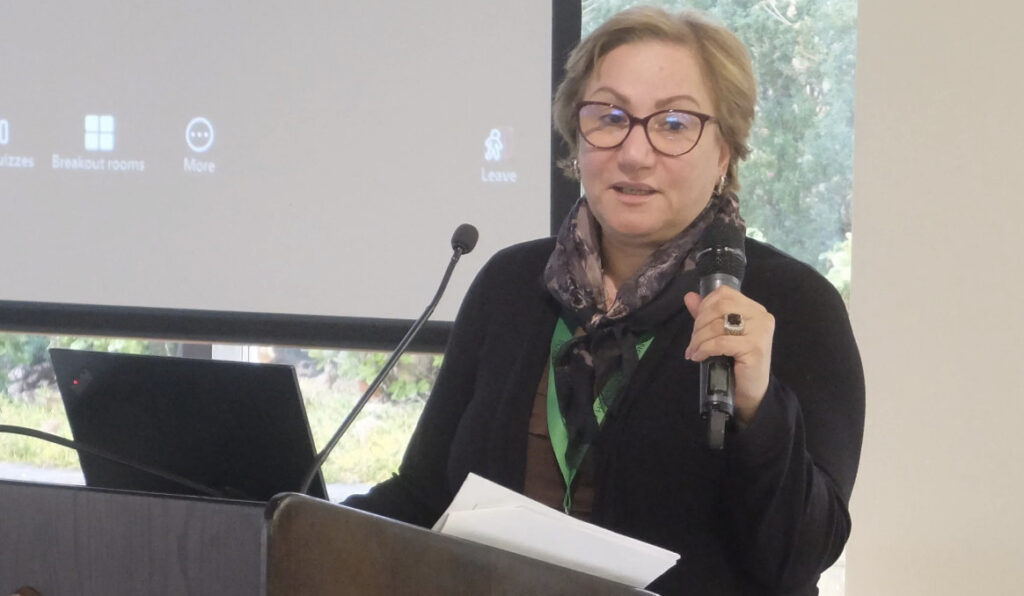 Attia’s spoke to CoGS on the first day of its fall meeting, which runs Nov. 8-Nov. 10. Much of the day’s conversation was about money, as well as the shape the church’s future governance structures will take as it finds itself, as Archbishop Anne Germond, acting primate of the Anglican Church of Canada said in her opening remarks, “at a crossroads.”
Attia’s spoke to CoGS on the first day of its fall meeting, which runs Nov. 8-Nov. 10. Much of the day’s conversation was about money, as well as the shape the church’s future governance structures will take as it finds itself, as Archbishop Anne Germond, acting primate of the Anglican Church of Canada said in her opening remarks, “at a crossroads.” Dear Prime Minister:
Dear Prime Minister: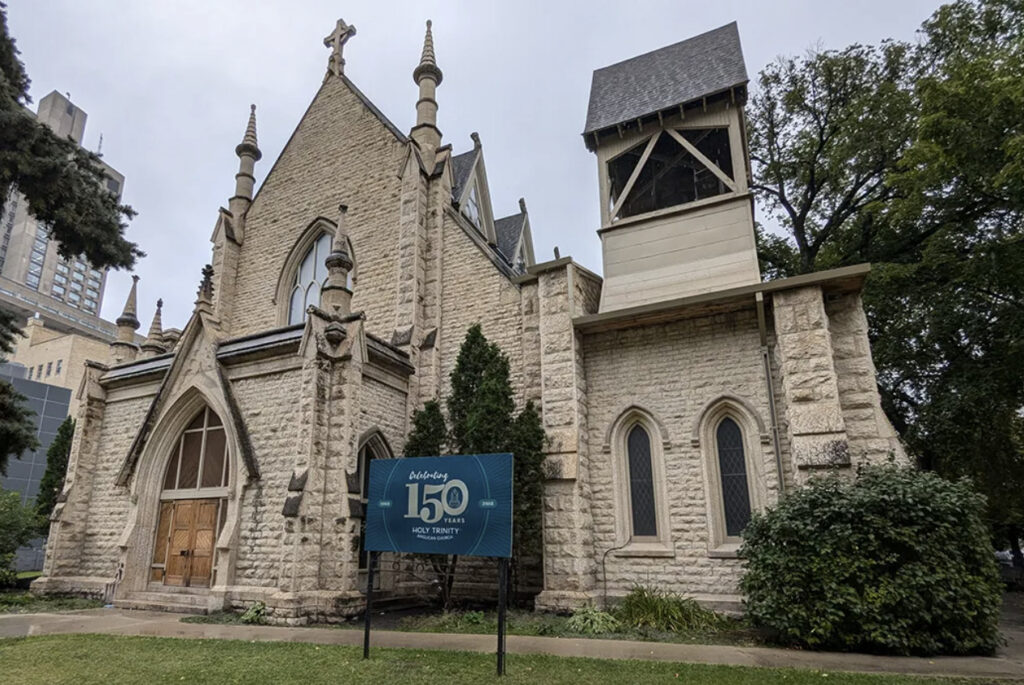 The destruction by fire of St. Anne’s Anglican Church in Toronto last June underscores risks faced by aging churches across Canada, an architectural historian says—and the country could face significant loss of cultural heritage in the years to come.
The destruction by fire of St. Anne’s Anglican Church in Toronto last June underscores risks faced by aging churches across Canada, an architectural historian says—and the country could face significant loss of cultural heritage in the years to come. A primate’s commission tasked with rethinking church structures is encouraging Anglicans to provide feedback on its seven intentionally provocative statements or “hypotheses” through an online survey.
A primate’s commission tasked with rethinking church structures is encouraging Anglicans to provide feedback on its seven intentionally provocative statements or “hypotheses” through an online survey.

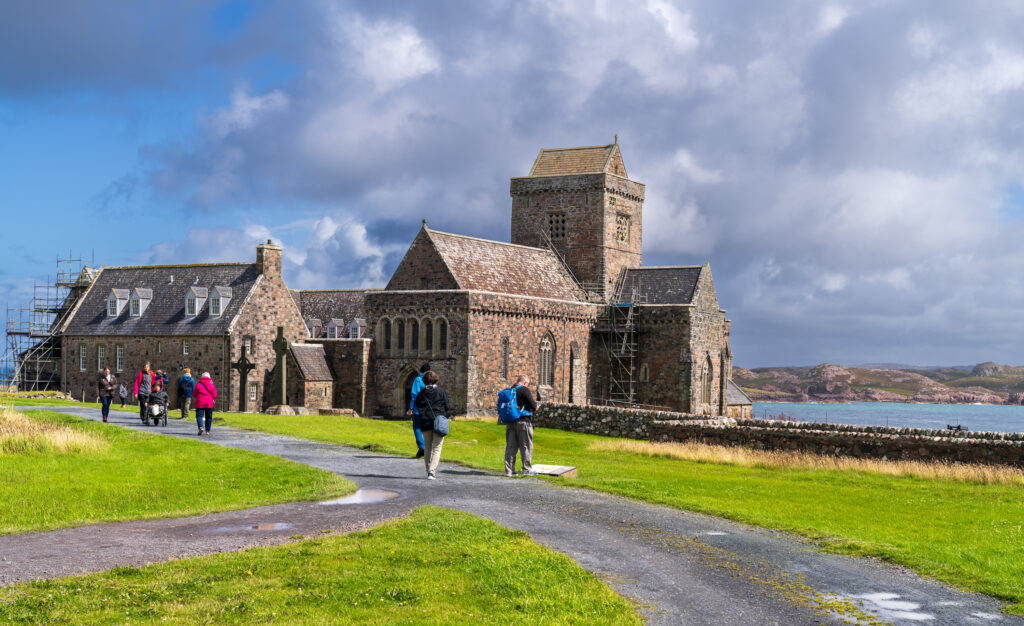
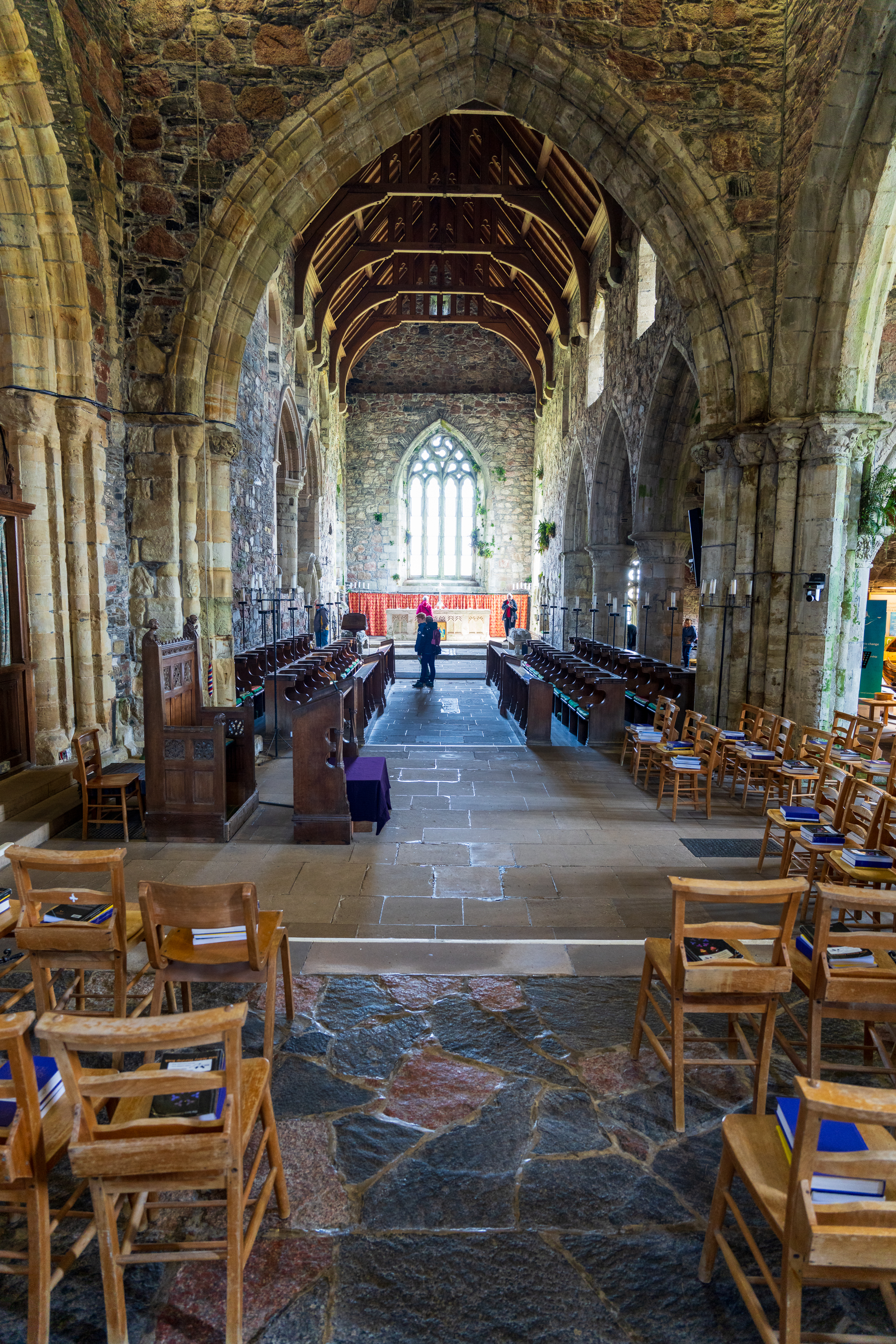
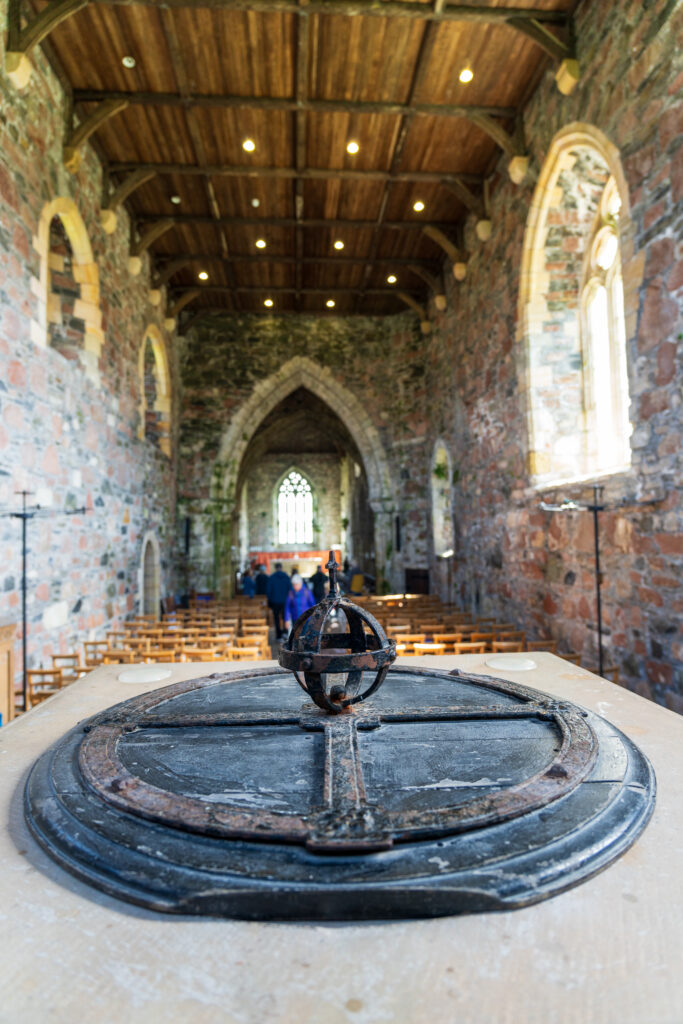
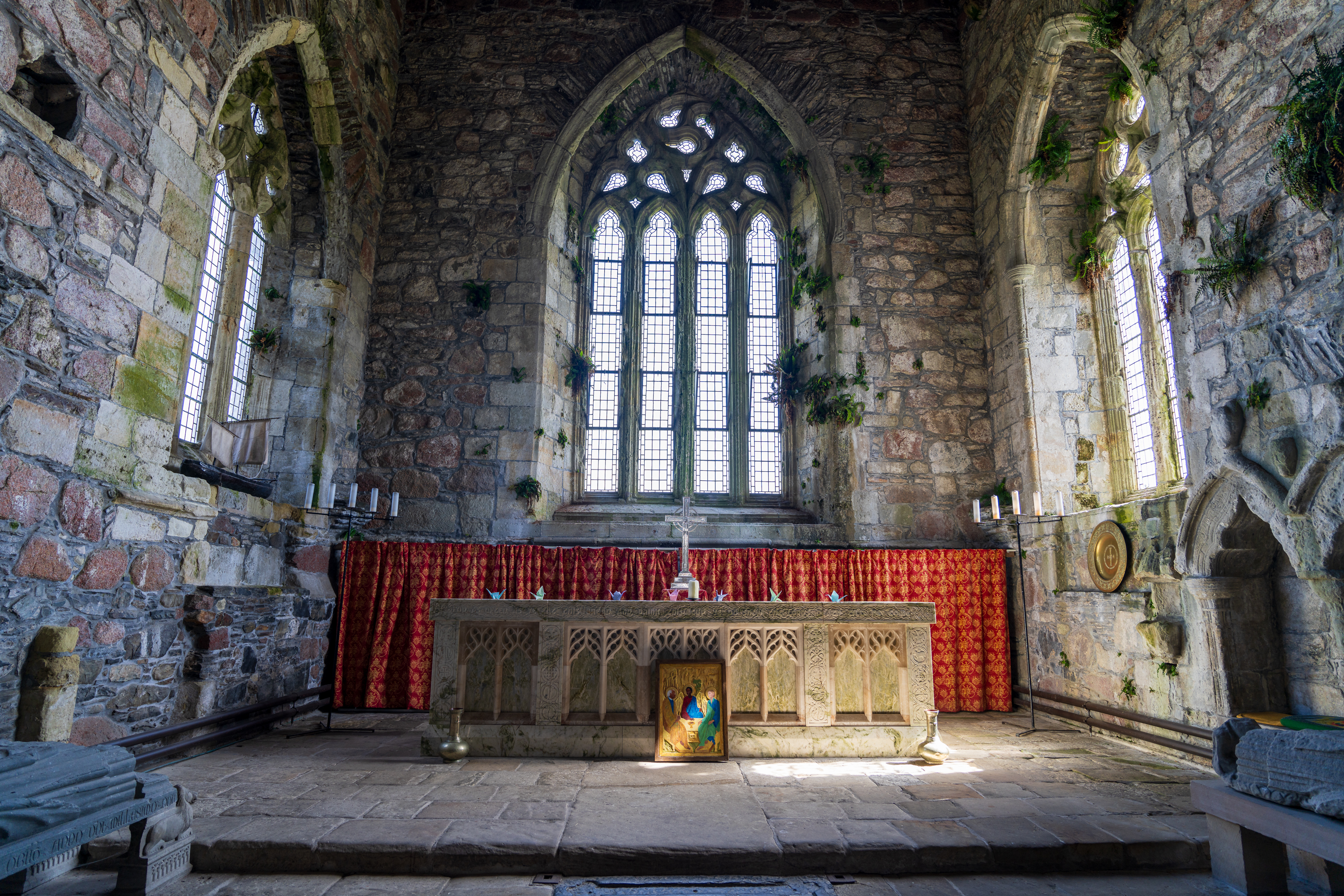
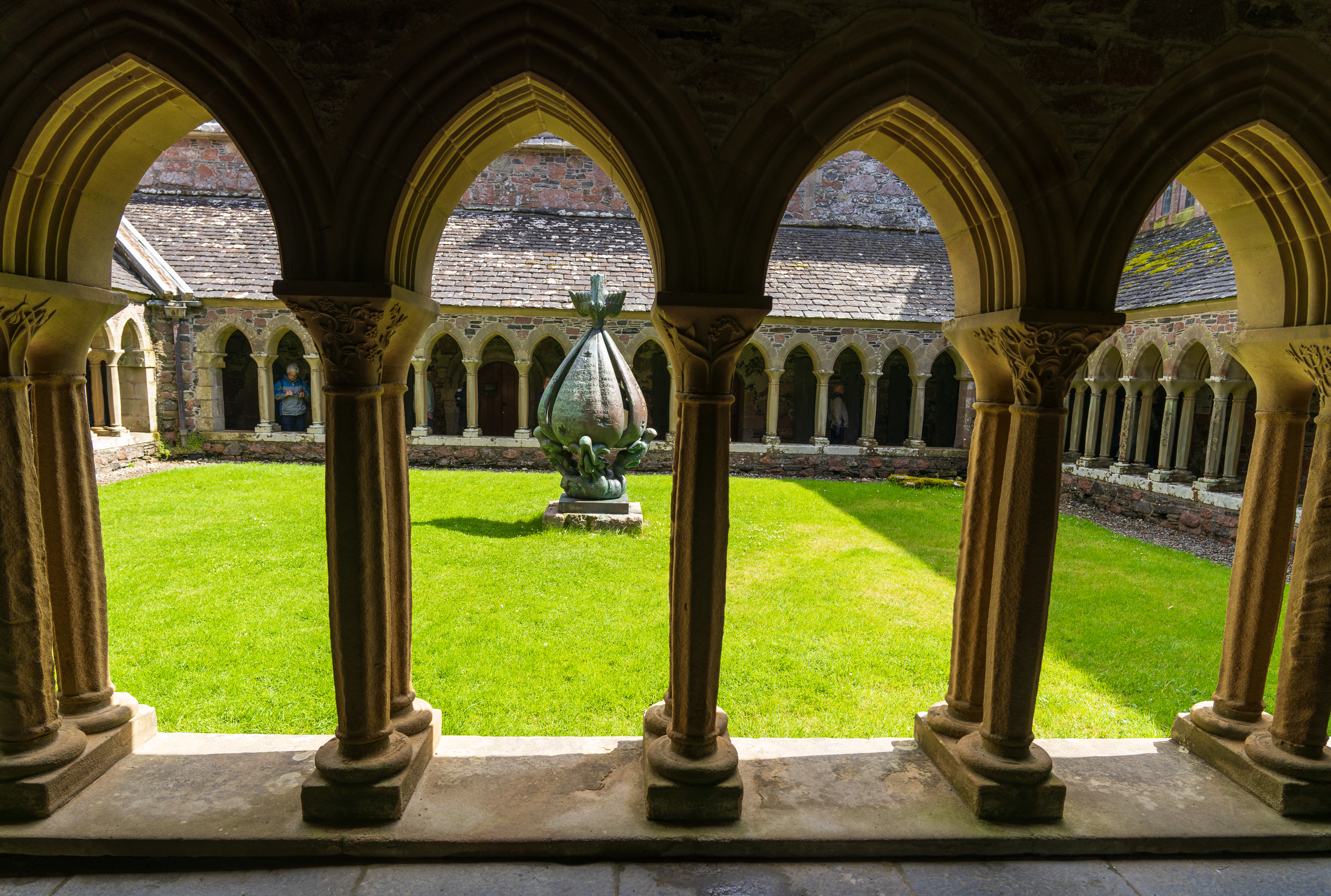
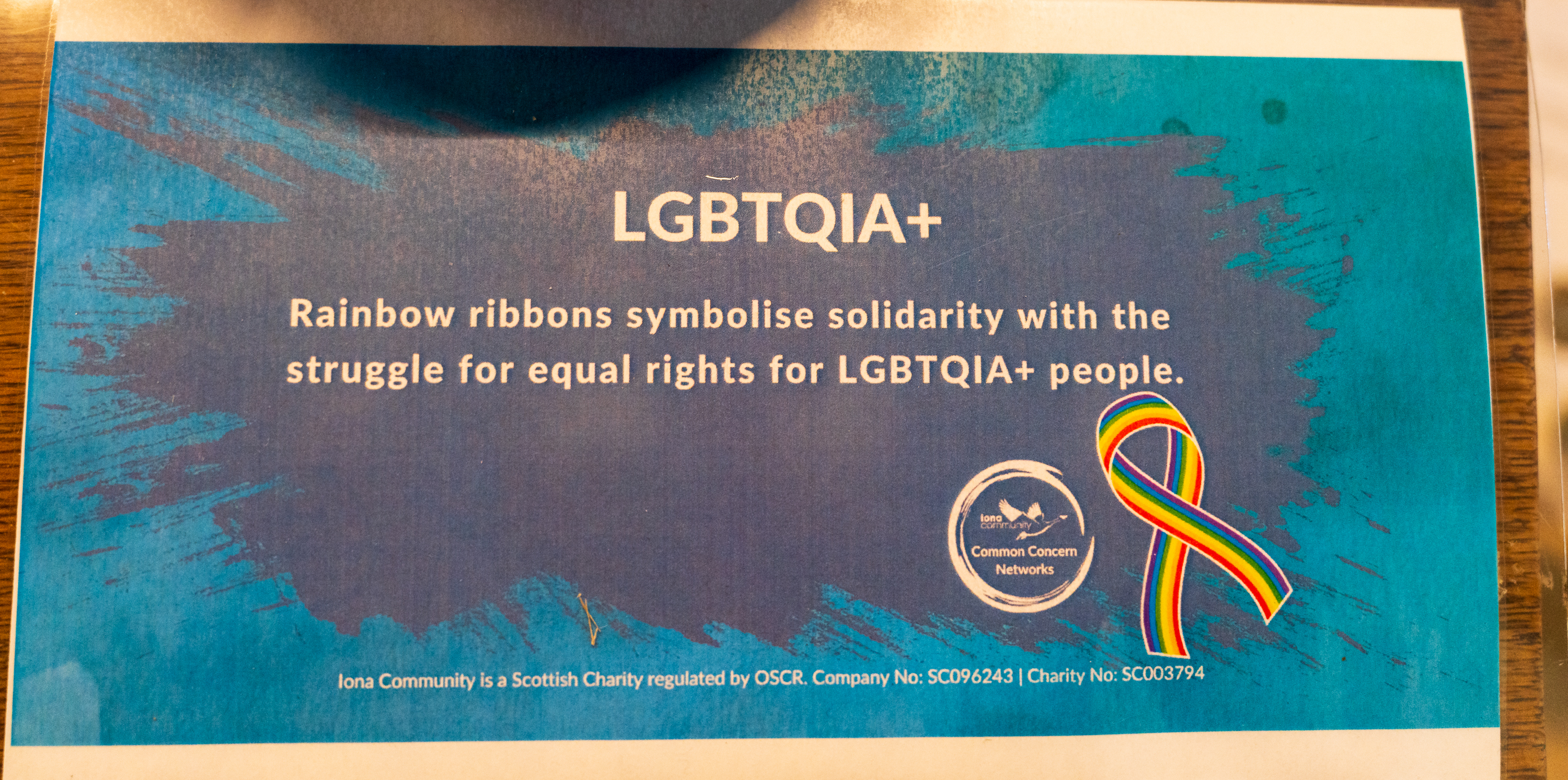
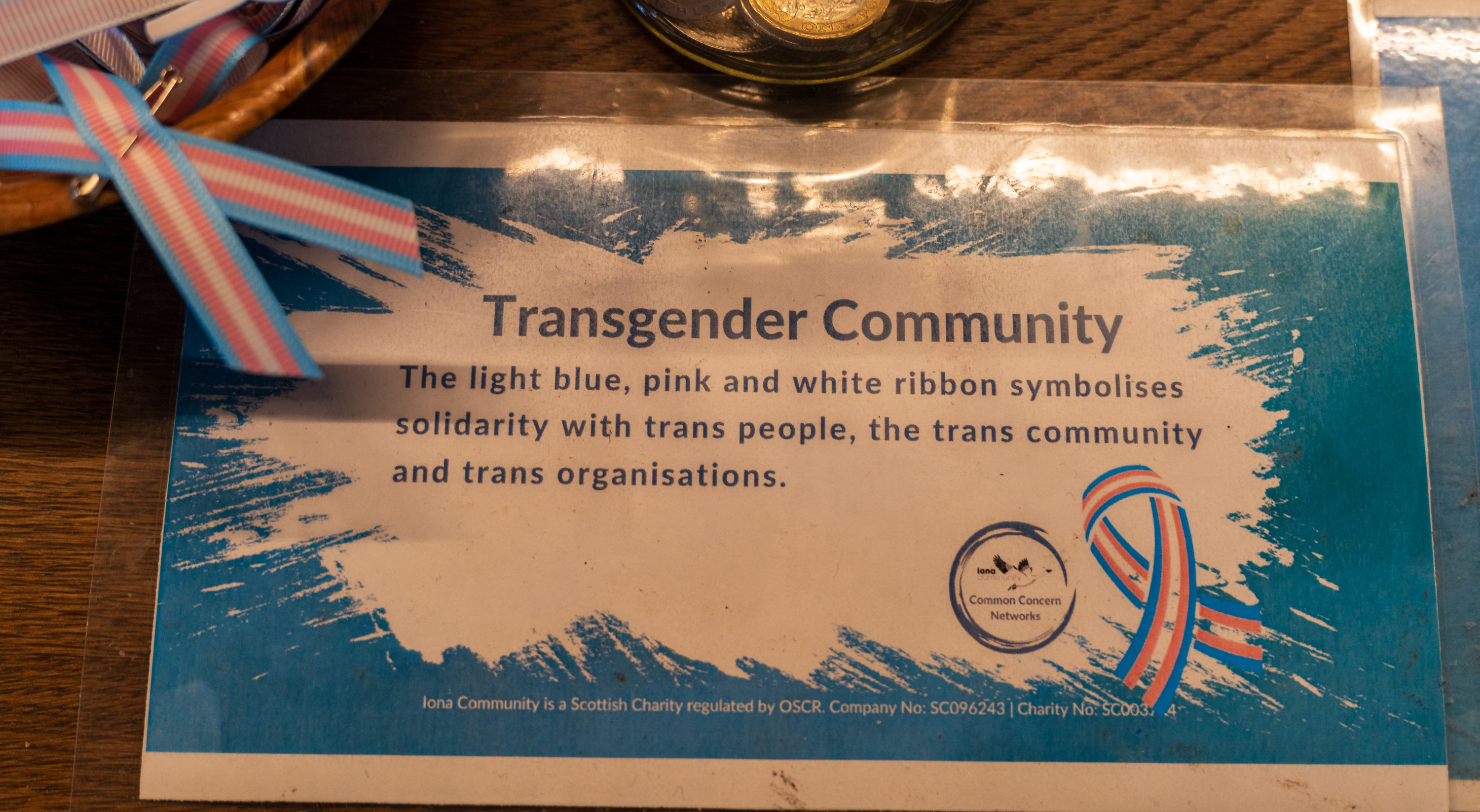
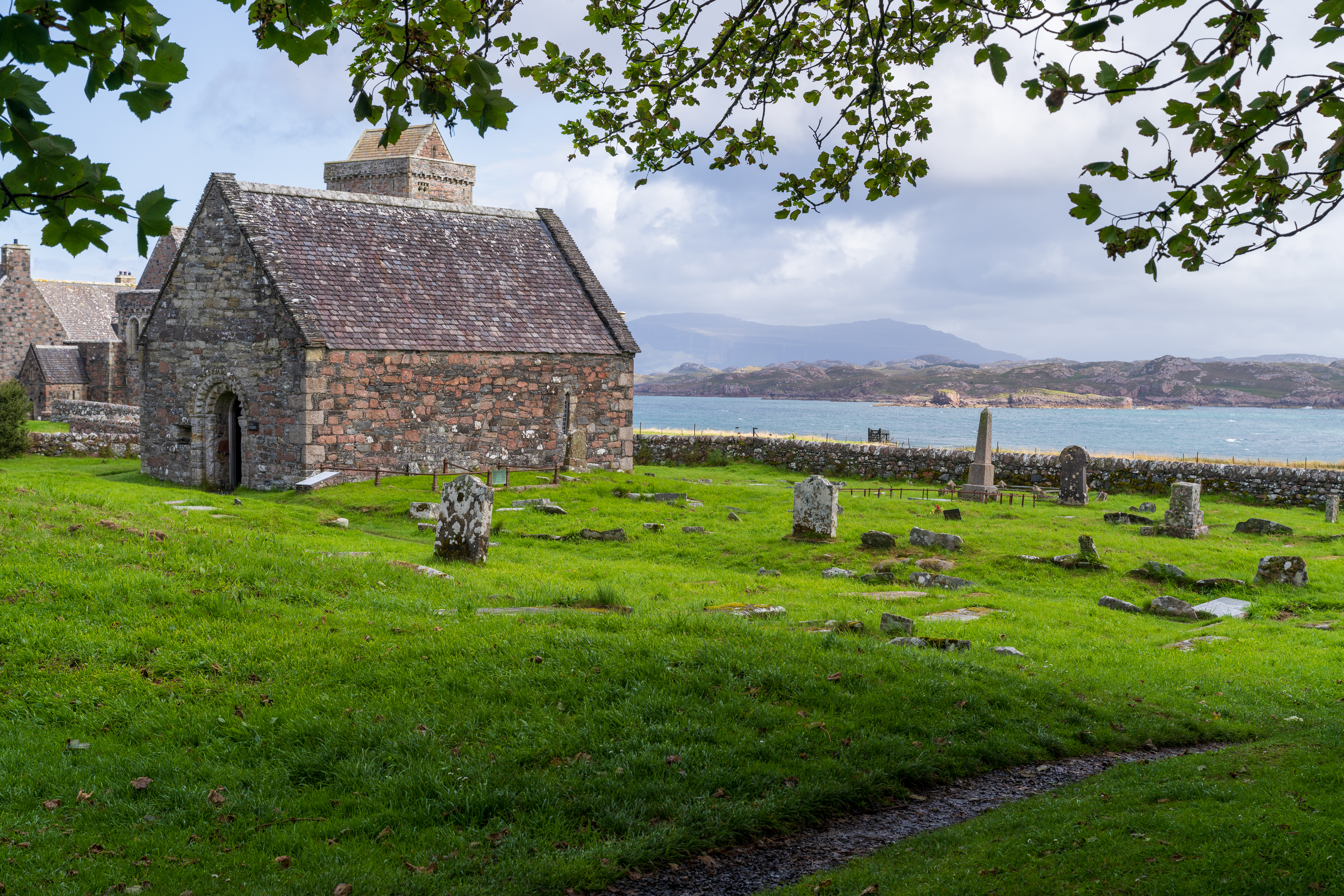

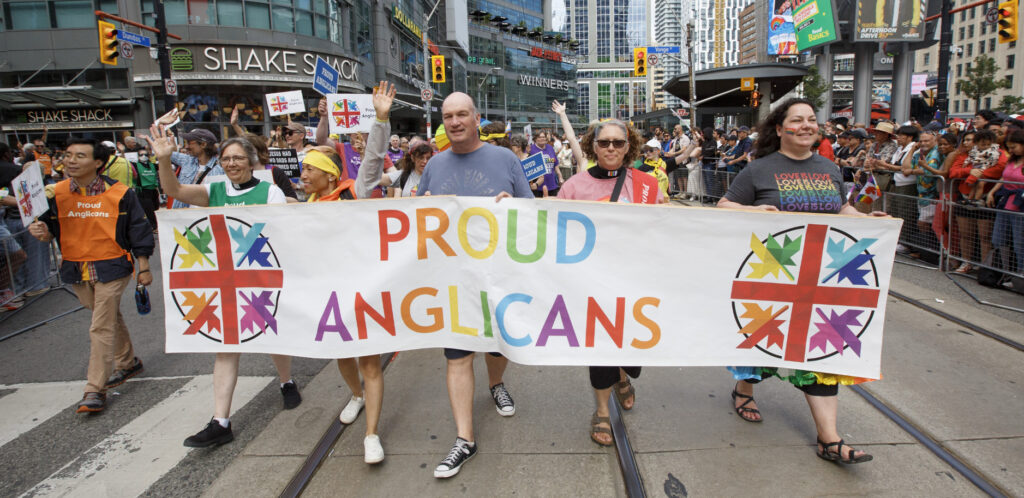

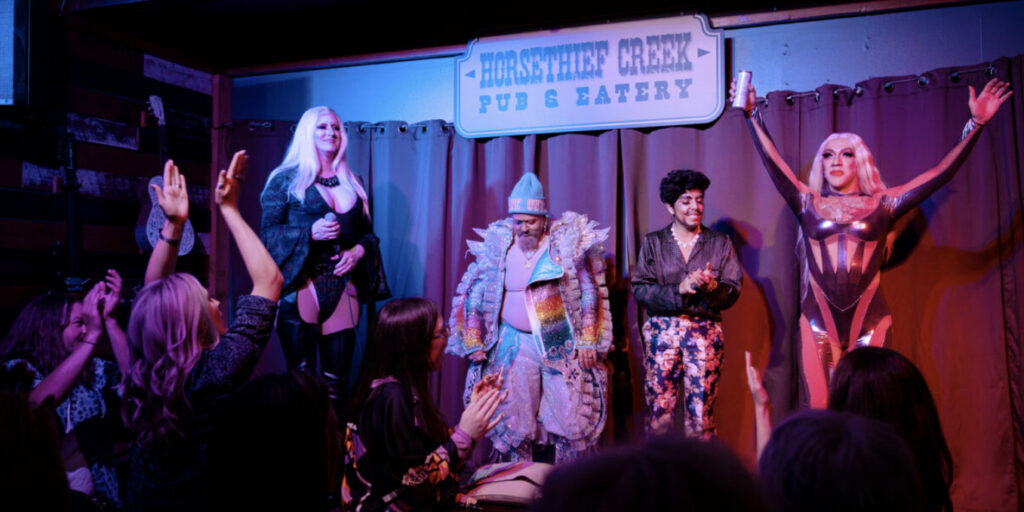 In celebration of June as Pride Month, I would like to share a resolution that unanimously passed on May 25 at the annual meeting of the Anglican Church of the Diocese of the Kootenays.
In celebration of June as Pride Month, I would like to share a resolution that unanimously passed on May 25 at the annual meeting of the Anglican Church of the Diocese of the Kootenays.